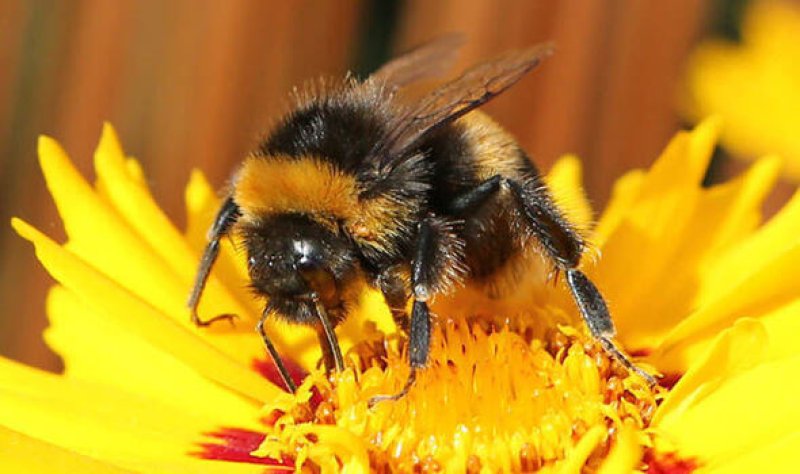[Researchers] have discovered one of the reasons why bumblebees are disappearing – global warming’s effect on flowering times.
Scientists at Florida State University studied three species of bumblebee in the Rocky Mountains in Colorado, looking at both the direct and indirect effects of climate change. Their findings are published in Ecology Letters.
…
The researchers found that up in the Rocky Mountains, global warming is causing snow to melt earlier, and flowering seasons to last longer. This might sound like a good thing for bees, but Ogilvie and her team found quite the opposite. Extended flowering seasons meant more days of poor flower availability and a shortage of food overall. Sadly, this lack of good quality flowers is killing the bees.
“When researchers think about flower effects on bees, they typically consider floral abundance to be the most important factor, but we found that the distribution of flowers throughout a season was most important for bumblebees,” Ogilvie said.
As the world’s population continues to expand, and the climate is constantly changing, future food security is becoming more and more of a worry….Along with other bee species, they are responsible for pollinating 70 percent of our fruit, veg, nuts, and seeds.
The GLP aggregated and excerpted this article to reflect the diversity of news, opinion and analysis. Read full, original post: How Climate Change Is Killing Bumblebees































